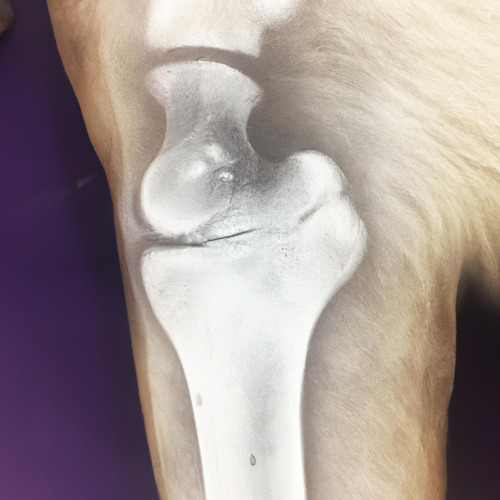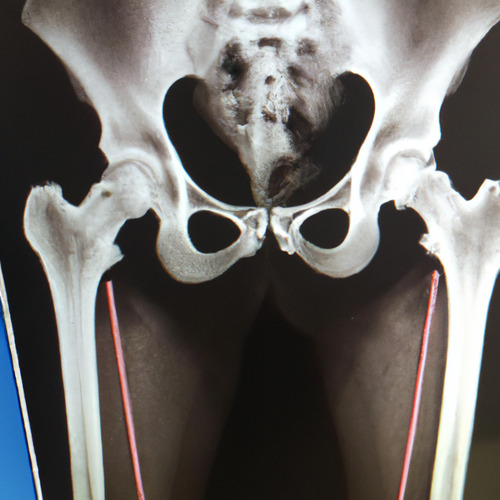Epilepsy in Dogs: Understanding the Condition and its Treatment
health
Epilepsy is a neurological disorder that affects many dogs and causes them to experience seizures. Seizures are caused by uncontrolled electrical activity in the brain and can range from mild twitching to severe convulsions. It is important to understand epilepsy in dogs and the various treatments available to manage the condition and minimize the risk of seizures.
Early Signs and Symptoms
The early signs of epilepsy in dogs can be subtle and may not be noticeable until a full-blown seizure occurs. Some dogs may exhibit signs of anxiety or confusion before a seizure, while others may display behavioral changes such as increased aggression or altered sleep patterns. During a seizure, the symptoms can range from mild twitching to severe convulsions.
Some common symptoms include:
- Loss of consciousness
- Muscle twitching or contractions
- Drooling
- Loss of bladder or bowel control
- Uncontrollable movements
- Chomping or biting of the air
If you suspect your dog is experiencing a seizure, it is important to seek veterinary care as soon as possible.
Diagnosis
A veterinarian can diagnose epilepsy in dogs through a thorough examination and review of the dog's medical history. Additional tests, such as blood tests, MRI, or CT scans, may also be performed to rule out other underlying conditions that can cause seizures.
Treatment
Treatment for epilepsy in dogs typically involves the use of anticonvulsant medication to control the frequency and severity of seizures. The medication used will depend on the severity of the seizures and may need to be adjusted over time. In some cases, dietary changes or the addition of supplements may also be recommended to help manage the condition.
Prevention
Prevention of epilepsy in dogs is not always possible, as the underlying cause of the condition is not always known. However, maintaining a healthy lifestyle, including a balanced diet and regular exercise, can help minimize the risk of seizures. Additionally, avoiding triggers such as stress and exposure to toxins can also help reduce the likelihood of seizures.
Prognosis
The prognosis for dogs with epilepsy can vary depending on the severity and frequency of seizures, as well as the response to treatment. With proper management and treatment, many dogs with epilepsy can lead long and happy lives. However, some dogs may experience frequent, severe seizures that can impact their quality of life. It is important to work closely with your veterinarian to determine the best course of treatment for your dog and to monitor the condition over time.
Working with Your Veterinarian
It is important to work closely with your veterinarian to manage epilepsy in your dog. Your veterinarian can provide guidance on the best course of treatment, monitor the condition over time, and adjust the treatment plan as needed. Regular check-ups and follow-up appointments are also important to ensure that your dog's epilepsy is well-managed and to detect any potential complications early on.




